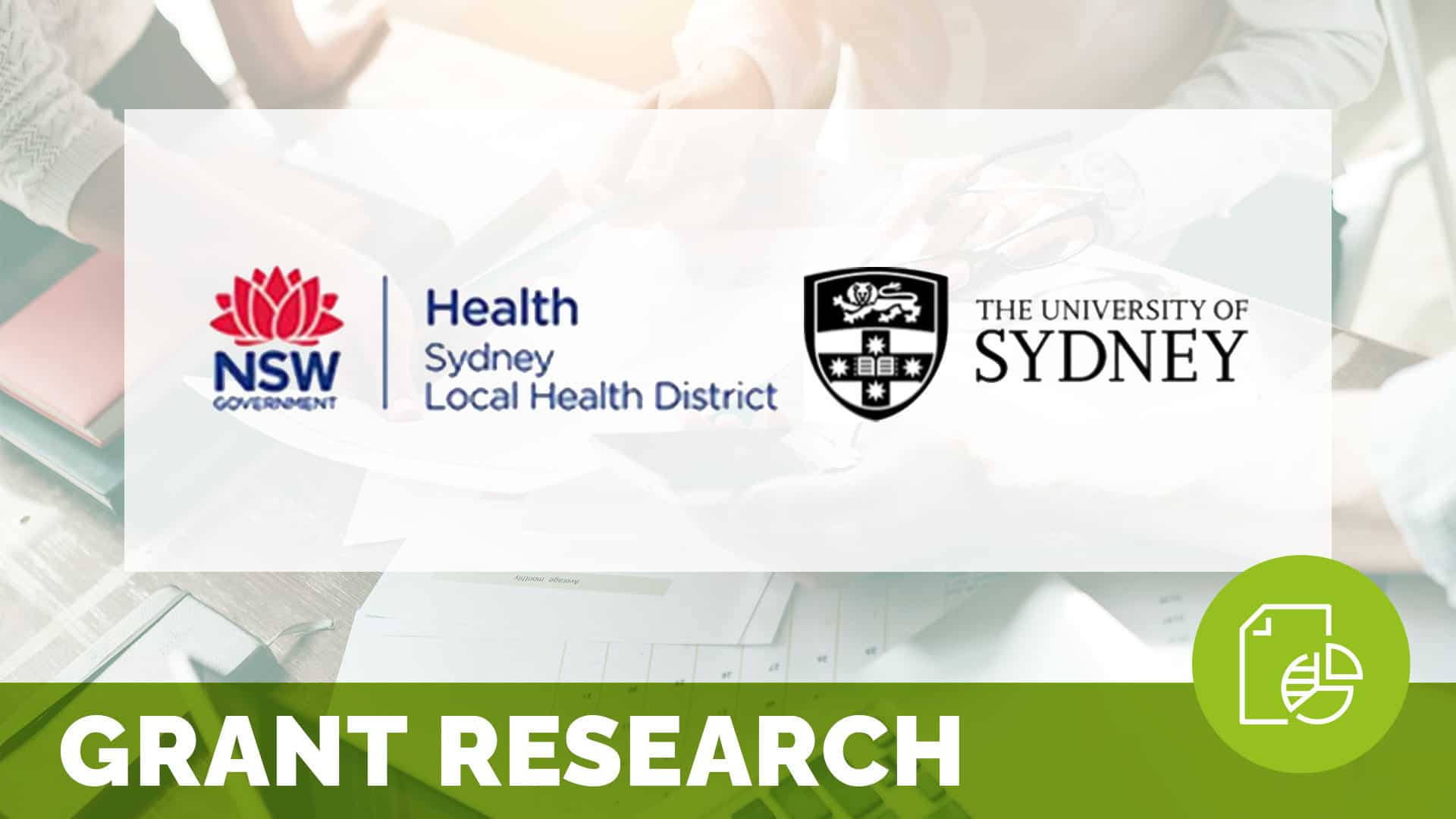Patients’ reasons for returning unplanned to the Emergency Department

This grant research report explores the reasons why people decide to return to the Emergency Department (ED) after an initial visit and whether their first experience contributes to their decision. The study reveals that building a patient’s trust on the first visit to the ED can have an impact on the patient’s confidence and capability to manage their condition at home.
Related content
-
 Patient Family & Community Engagement
Patient Family & Community EngagementEvaluating the Net Promoter Score to improve the emergency department patient experience in real-time
Northern Sydney Health District evaluated whether the Net Promoter Score (NPS) survey provided deeper insights of patient experience in the ED than an existing satisfaction survey. The study concluded that the NPS was statistically and clinically significant and is a recommended metric for measuring both patient satisfaction and experience in ED’s and other hospital settings.
Learn more -
 Patient Family & Community Engagement | Quality & Clinical Excellence
Patient Family & Community Engagement | Quality & Clinical ExcellenceOur Journey to Improving the Experience of Patients 65+
Join us for a panel discussion on enhancing patient experience for patients 65 and older. Experts will explore key population statistics, care challenges, and insights from consumer feedback to better understand patient needs. Learn strategies to improve communication clarity and address What Matters Most at every stage of care. Panelists will share lessons from a
Learn more -
 Infrastructure & Governance | Patient Family & Community Engagement
Infrastructure & Governance | Patient Family & Community EngagementStarting a Pediatric Parent Advisory Council: Overcoming Adversity
Creating a Pediatric Parent Advisory Council (PPAC) can be a transformative way to enhance family-centered care. Join us as we share our journey from the early stages of conceptualizing a PPAC, through navigating the challenges of the COVID-19 pandemic, to launching a council that has grown and thrived since August 2021. With 16 active parents
Learn more
